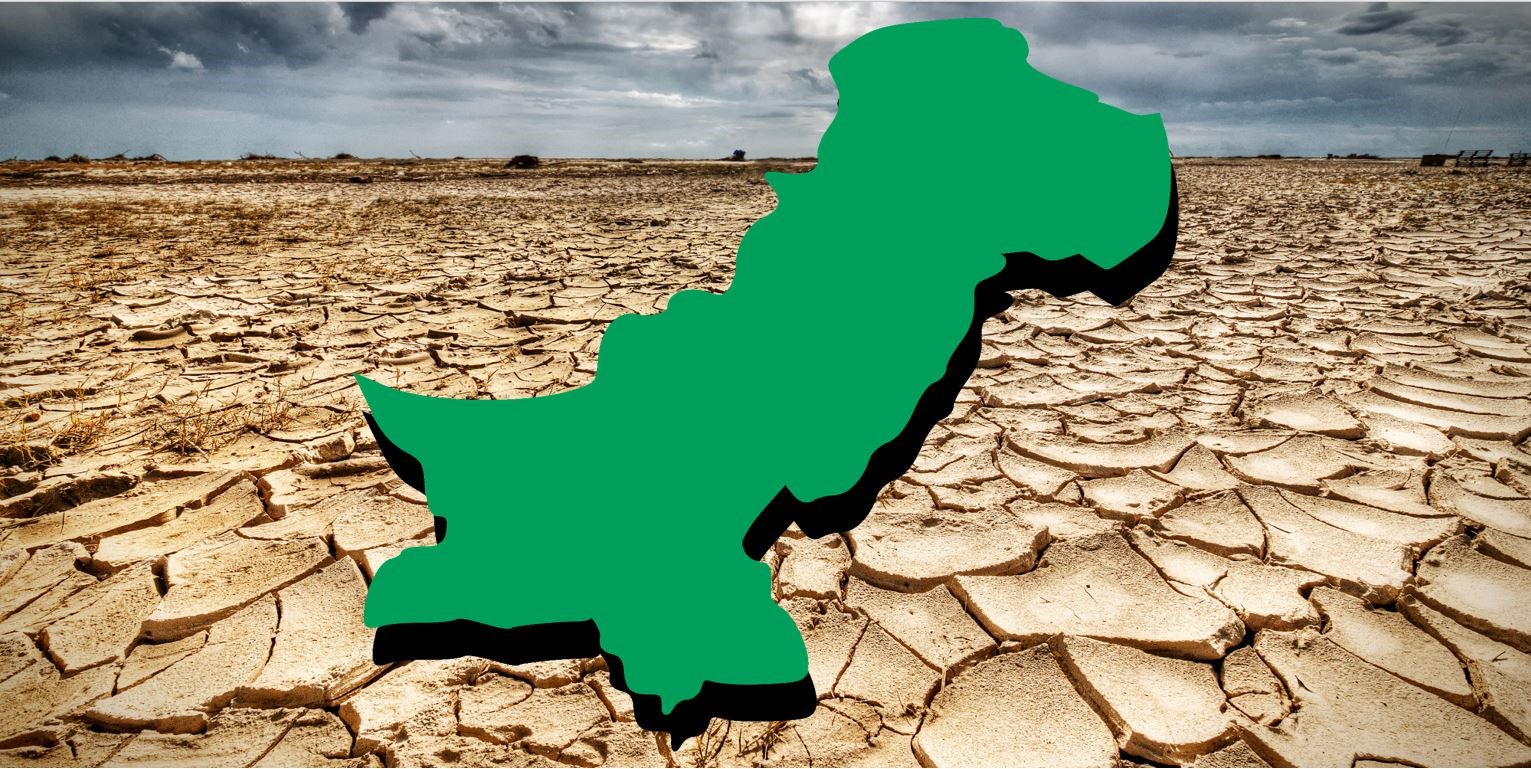INP-WealthPk
Muhammad Asad Tahir Bhawana
The departments of planning and development need to integrate climate change actions into its policies and annual developments. These climate policies should be implemented by the provinces and local governments through decentralization for better outcomes, said WealthPK.

Climate change has become a major issue for several provincial governments in recent years. A provincial commitment to environmental protection can help overcome institutional obstacles and accelerate environmental action. Pakistan has consistently been ranked among the 10 most vulnerable countries by the Global Climate Risk Index for the past 20 years owing to extreme weather events that caused a great deal of damage to infrastructure, agriculture, and the economy of the country.
A report released by the Asian Development Bank (ADB) said that during the year 2022, Pakistan suffered a massive drought and flooding, causing enormous damage to its assets, lives, and livelihoods. As a result of 2022 floods, a post-disaster needs assessment estimated damages exceeding $14.9 billion, as well as economic losses of $15.2 billion, resulting in recovery and rehabilitation costs exceeding $16.5 billion.
According to the ADB, such devastating shocks are becoming more likely, and they are having negative impacts on Pakistani people and their livelihoods, as well as on ecosystems and the economy, worsening food insecurity and poverty, and increasing conflict over resources.
The report added that there is also a clear gap between policy direction and implementation mechanisms. The Ministry of Climate Change is responsible for making national climate change policies. It can have a greater impact on outcomes if its capabilities and resources are improved. Climate change has, however, become a more important issue for the government in recent years. Several new sectoral policies supporting decarbonization have been adopted.
By integrating climate concerns with other national policies, Pakistan revised its National Climate Change Policy (NCCP) in 2021. An updated NCCP includes measures to prepare for disasters, build capacity, strengthen institutions, transfer technology, and enhance international cooperation.
A number of new policies have been adopted in support of decarbonization in line with the NCCP. As part of the Alternative and Renewable Energy Policy, 2019, the government intends to set up a framework for Pakistan's alternative and renewable energy sector to grow sustainably.
The Strategic Plan for Energy Efficiency and Conservation, 2020–2023 promotes energy efficiency and conservation, and National Electric Vehicle Policy, 2020–2025 promotes electric vehicle use and a more robust transport supply chain. Climate change can be better addressed through such innovations. The report suggested that all climate actions taken by the authorities must be parallel with global climate measures because such measures are necessary to steer Pakistan toward climate-compatible developments.
Ahmed Umair, CEO of Vital Agri Nutrients Ltd & Vital Green Ltd, told WealthPK that Pakistan needs to make its system of managing agriculture, food, and water more comprehensive, sustainable, climate-smart, and resilient. It also needs to boost the development of clean, green and liveable cities, and hasten transition to sustainable energy and low-emission transportation.Improving reliability and endurance in climate policies, budgets, and programs will help in implementing Pakistan’s climate agenda.
Credit: Independent News Pakistan-WealthPk



